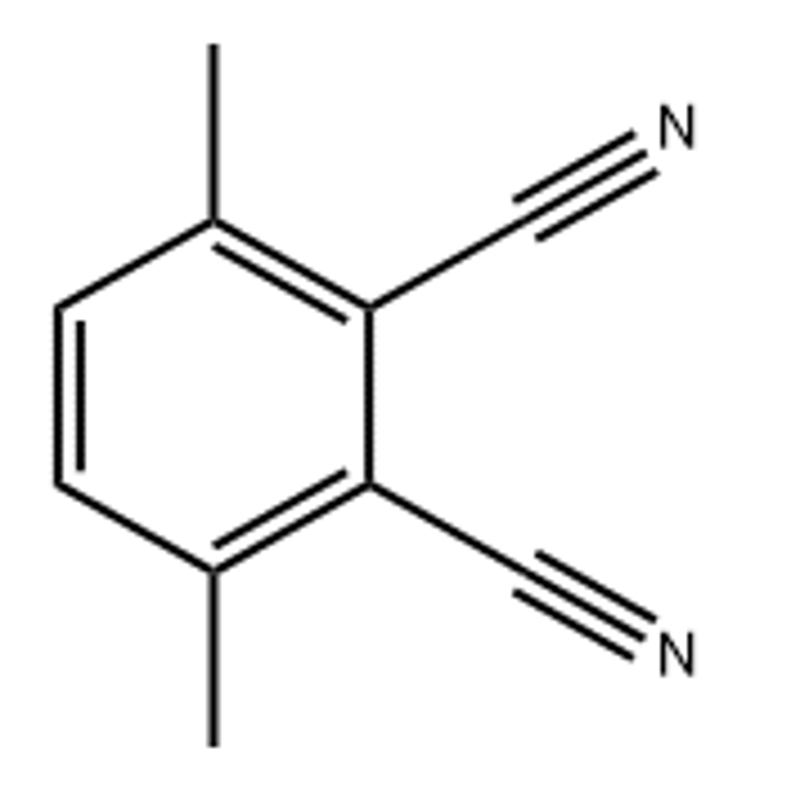-
Categories
-
Pharmaceutical Intermediates
-
Active Pharmaceutical Ingredients
-
Food Additives
- Industrial Coatings
- Agrochemicals
- Dyes and Pigments
- Surfactant
- Flavors and Fragrances
- Chemical Reagents
- Catalyst and Auxiliary
- Natural Products
- Inorganic Chemistry
-
Organic Chemistry
-
Biochemical Engineering
- Analytical Chemistry
- Cosmetic Ingredient
-
Pharmaceutical Intermediates
Promotion
ECHEMI Mall
Wholesale
Weekly Price
Exhibition
News
-
Trade Service
researchers connected stable Env trimers to a single nanoparticle, simulating the speral structure of the entire virus.
, the Scripps Institute has developed a new candidate AIDS vaccine that can effectively overcome the technical barriers of previous AIDS vaccines and stimulate a strong anti-HIV antibody response in animal experiments.
This latest AIDS vaccine strategy, published in the recently published Scientific Progress, is based on the HIV envelope protein Env design, it is well known that Env is a complex, deformable molecule, difficult to produce in the vaccine, so it is difficult to achieve effective Immunity against HIV.
, however, scientists at the Scripps Institute have found a simple and elegant way to stabilize the Env protein in its ideal shape, even for a variety of HIV strains. This stable Env protein is mounted on virus-like particles and simulates the entire virus.
new approach is a common strategy to address long-standing problems with THE VACCINE design," said lead researcher Jiang Zhu, associate professor of integrated structure and computational biology at the Scripps Institute. Because
Env protein plays a vital role in HIV infection and is the most exposed viral structure of the infected host immune system, it has been a major target for HIV vaccine efforts. The idea is to inoculate the entire Env protein or its sub-base in the human body, thereby stimulating the production of Env protein binding antibodies, hoping that these antibodies in the future exposure to the virus to avoid HIV infection of host cells.
in HIV strains, Env proteins protrude from the viral membrane with three tight trimers, complex structures that take on completely different shapes before and after infecting cells. But researchers have yet to find a universally applicable way to stabilize Env trimers in the ideal pre-infection morphological structure.
, Jiang Zhu and his team have modified 30 to 40 different HIV strains of Envs proteins, which in most cases play a huge role.
Then Jiang Zhu and colleagues further optimized the vaccine strategy, connecting stable Env trimers (up to 60 at a time) to a single nanoparticle that simulates the sphere structure of the entire virus. In this way, the vaccine molecule, although synthetic and lacks the genetic material copied by the virus, is very much like a real invasive virus to the immune system, stimulating a stronger immune response.
They found a nanoparticle-grade Env vaccine sample on the body of an experimental mouse, formed in just eight weeks, and in laboratory tests, the induced antibody successfully mediated a naturally transmitted HIV strain that previous candidate vaccines usually failed to fight. (Source: Yang Yan, China Science Daily)





![3-fluorodibenzo[b,d]furan](https://file.echemi.com/fileManage/upload/category/ac71ac0d-8ef6-11ec-89e5-fa163ed06441.png)
